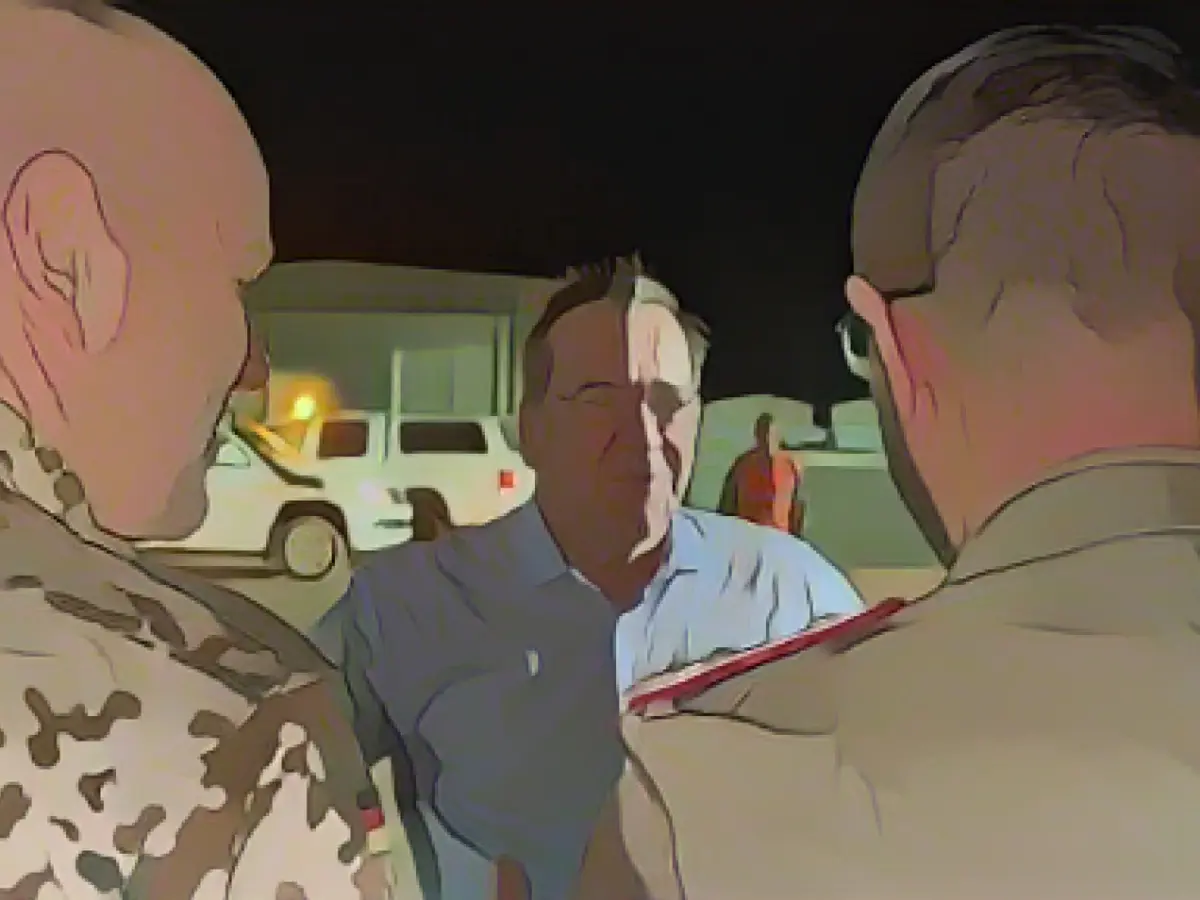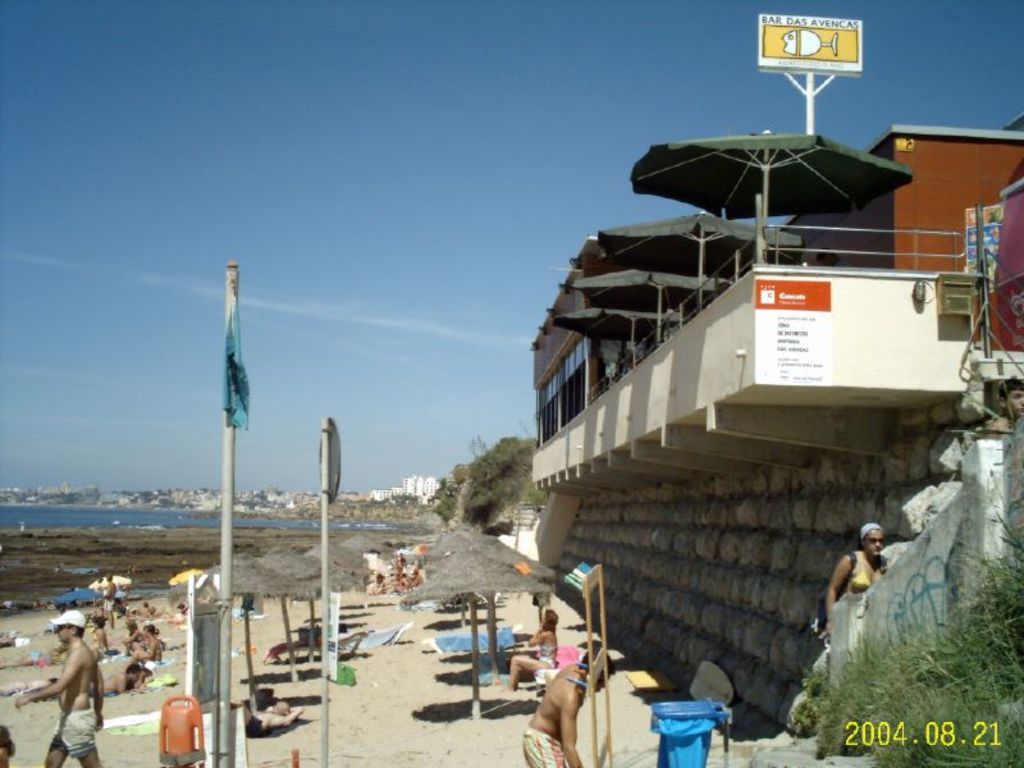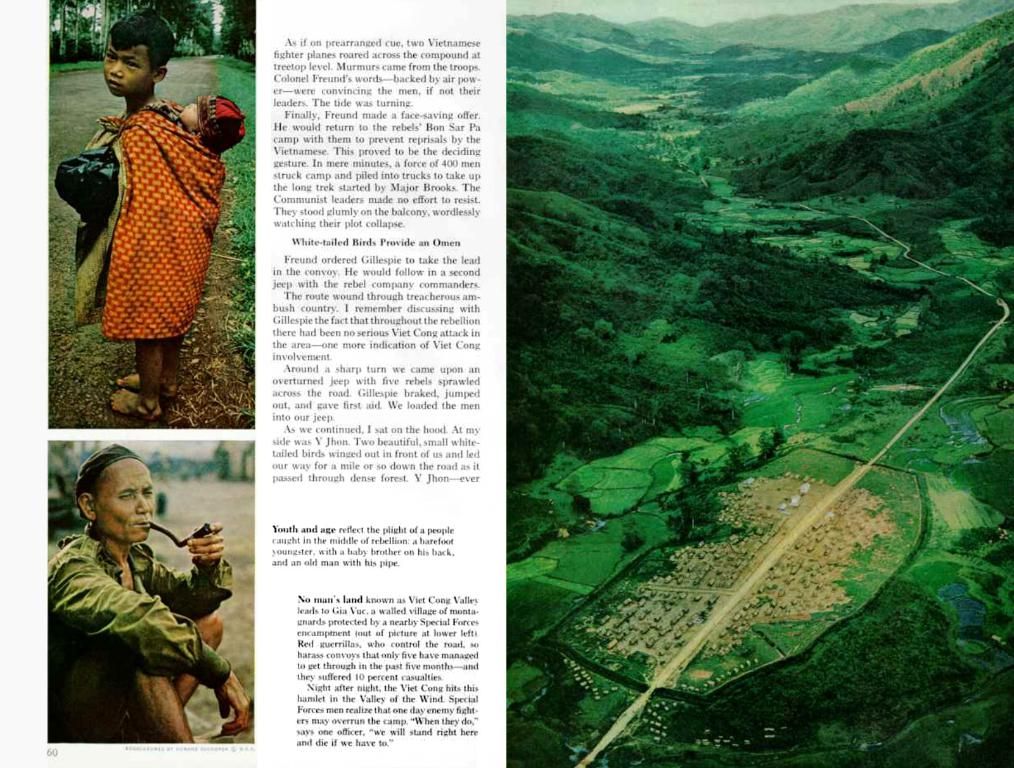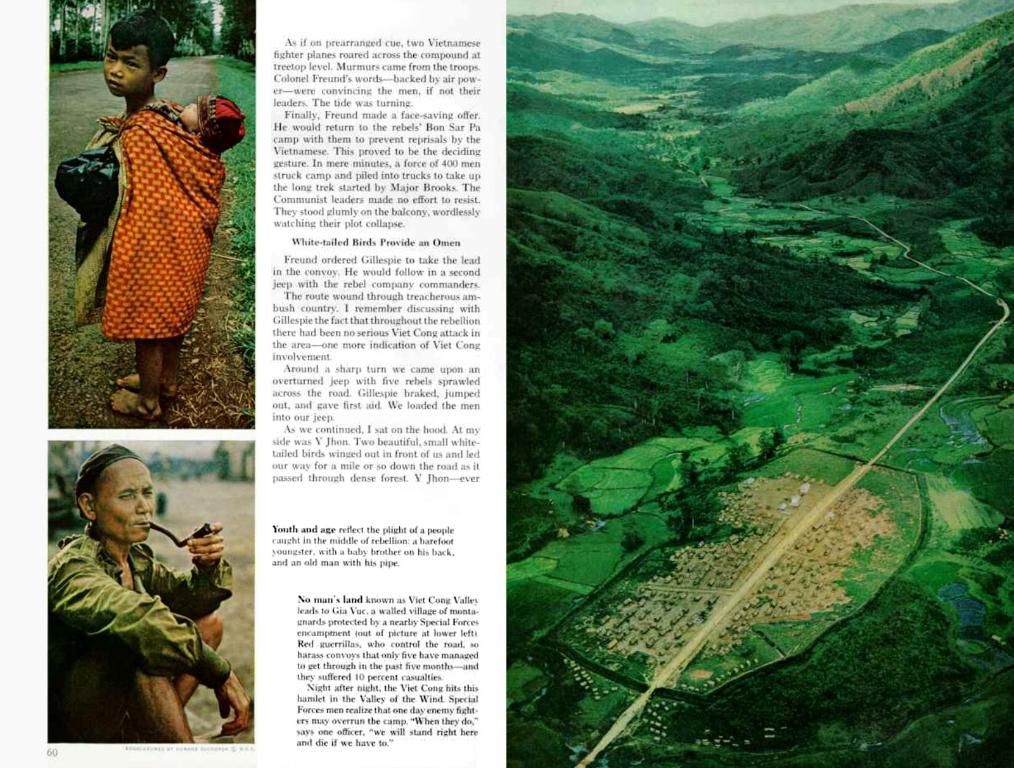Germany's Relations with Niger Post-Coup: Pistorius' Visit and Uncertainties
Five months after the military coup in Niger, Defense Minister Boris Pistorius represents the first member of the German government to pay a visit to the West African country for talks. His objectives on this Tuesday in Niamey's capital were twofold: to gain insights into the future trajectory of the new rulers and to engage with the Nigerien General Salifou Modi, now the country's Defense Minister post-coup. He also plans to interact with residing German soldiers at the Bundeswehr base on the outskirts of Niamey.
Before the power shift on July 26, 2021, Niger was viewed as Europe and America's last democratic partner in the fight against terrorism in the Sahel region. The country's strategic location, serving as a vital migration route to Europe, heightened its significance. The German government recognized Niger as an anchor of stability in the region, with ongoing cooperation set for expansion.
The military had argued the coup was necessitated due to security concerns and poor governance. Relations with Germany have soured since then, with uncertainty looming over the fate of the airbase site in Niamey. Additionally, a German military convoy transporting supplies from a terminated UN mission, Minusma, finds itself in customs limbo on the Nigerian side of the border with Mali.
The cabal in Niamey has recently assumed a more confrontational posture: Ignoring the smuggling of irregular migrants in Niger, a critical EU concern, is becoming a norm for the foreseeable future. The military junta leader, Abdourahamane Tiani, reversed a previous law intended to block this migration route, undermining Europe's strategy to stem Mediterranean crossings.
Moreover, Burkina Faso and Niger recently announced their withdrawal from the G5 Sahel regional organization, with Mali leading the exodus. This move carries broader geopolitical implications, as Russian Deputy Defense Minister Yunus-bek Yevkurov forged defense cooperation agreements with representative leaders in Niger, Mali, and Burkina Faso.
Context and Relevant Details
Germany's partnership with the new regime in Niamey remains uncertain in the wake of the coup. Boris Pistorius’ visit aims to clarify the situation and determine course of action for the expected future of continued cooperation with these West African states.
- The coup in Niger has prompted regional shifts, with Western interests, like those of France, potentially affected.
- Boris Pistorius’ visit to Niamey is an attempt to understand the new leaders' initiatives and gauge the future prospect of German-Niger collaboration.
- The EU is crucial to stemming migration into Europe, and Niamey's recent actions have jeopardized this objective.
- Regional security dynamics, including the withdrawal of Burkina Faso, Mali, and Niger from the G5 Sahel regional organization, influence the broader geopolitical landscape.
- Relations between Germany and Niger have weakened since the coup, but the future of the airbase remains in limbo.
Source:
Enrichment Data:
- ECOWAS Withdrawal: Following the military coups in Niger, Mali, and Burkina Faso, the Economic Community of West African States (ECOWAS) terminated their membership. This decision to exclude these countries from the regional body is in response to unconstitutional changes of power.
- French and EU Response: France and the European Union have halted financial aid and security cooperation with Niger in response to the coup. Their actions are aimed at pressuring the military junta to restore democratic governance.
- German Position: Germany’s stance on the coup in Niger is unclear from the article. It is likely that Germany has adopted a position aligning with the larger international community to advocate for a return to democratic governance.
- Regional Dynamics: The coup in Niger has led to fragmentation, emerging new alliances, and a shift in regional dynamics. Russia and Iran are now influencing the region, which could impact Western interests, such as those of France and potentially Germany, as a part of the EU.








